Tag: Mayoral elections
-
Five recent mayoral elections in America’s largest cities have been decided by fewer than 1,000 votes

As Ballotpedia prepares for August’s mayoral elections, we wanted to pause and take a look at some trends we’ve noticed across the top 100 largest cities by population. Analyzing each city’s most recent mayoral election results, ranging from 2019 to 2023, we found that the top five competitive general elections were decided by fewer than…
-
Roundup of Jacksonville’s runoff elections
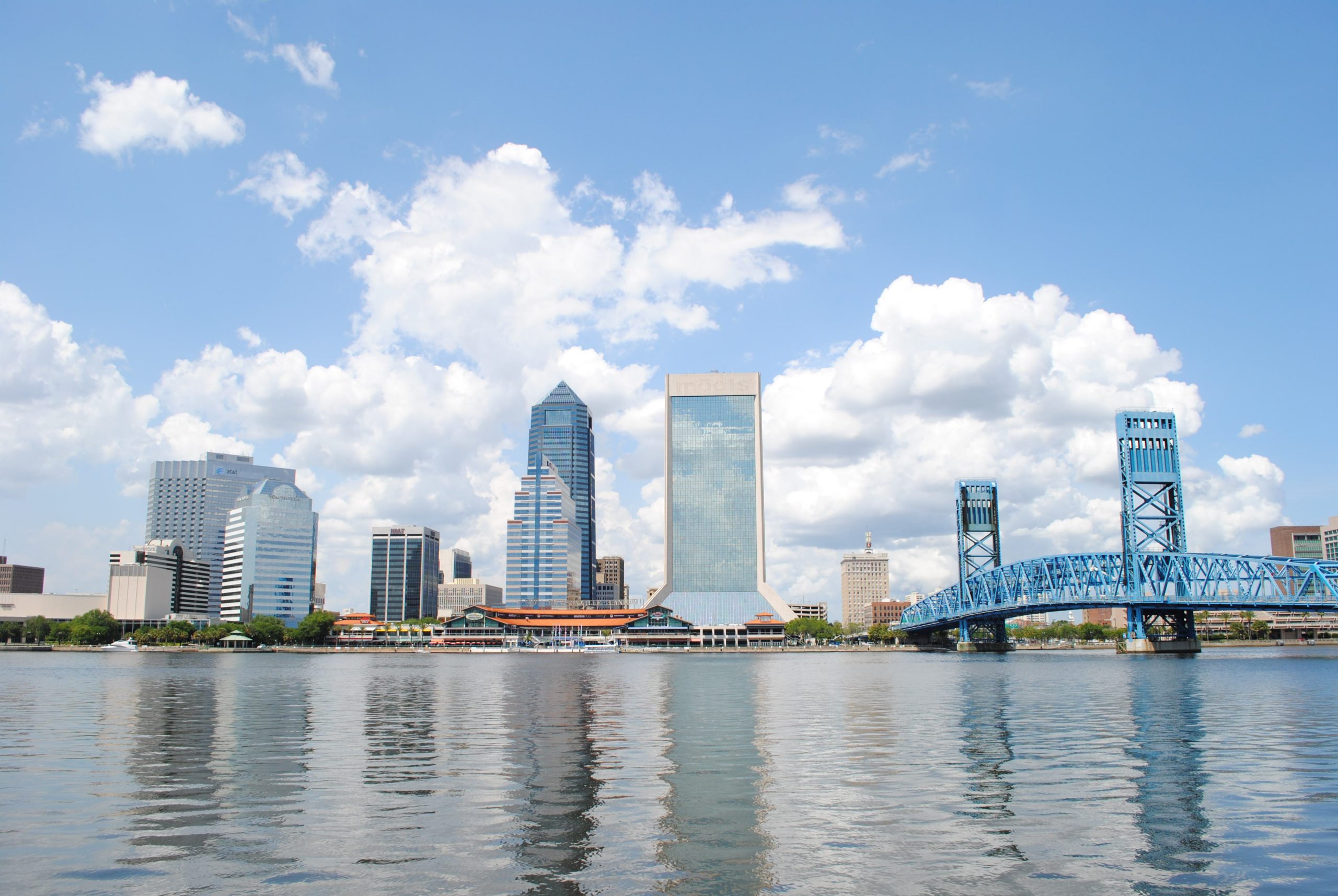
The general runoff for Jacksonville, Florida, was on May 16, 2023. The general election was held on March 21, and the filing deadline to run passed on Jan. 13. Candidates competed for property appraiser, city council, and mayor. Runoffs were required for these races because no candidate received a majority of the general election vote. …
-
Independent Yemi Mobolade defeats Republican Wayne W. Williams in Colorado Springs mayoral race
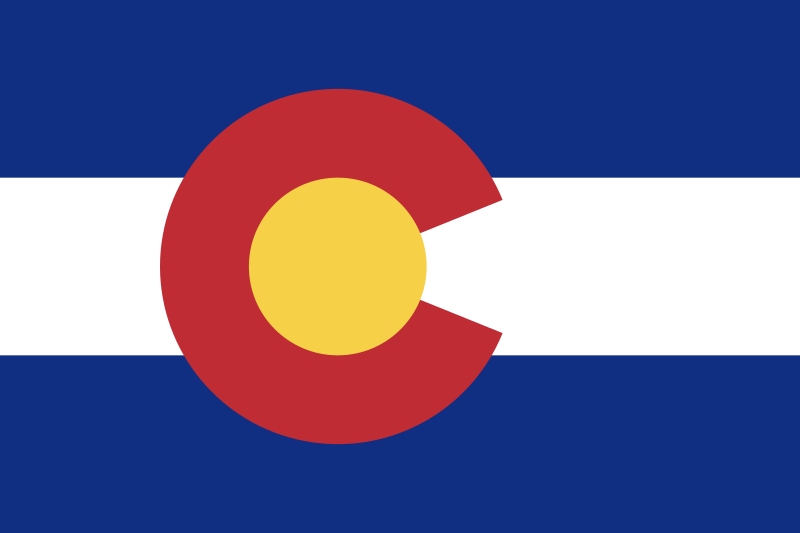
Yemi Mobolade defeated Wayne W. Williams 57.5% to 42.5% in the general runoff for Colorado Springs mayor. The runoff was on May 16, 2023, while the general was held on April 4, and the filing deadline to run passed on Jan. 23. While most mayoral elections in the 100 largest cities are nonpartisan, including this…
-
Donna Deegan (D) wins runoff election for mayor of Jacksonville, Florida
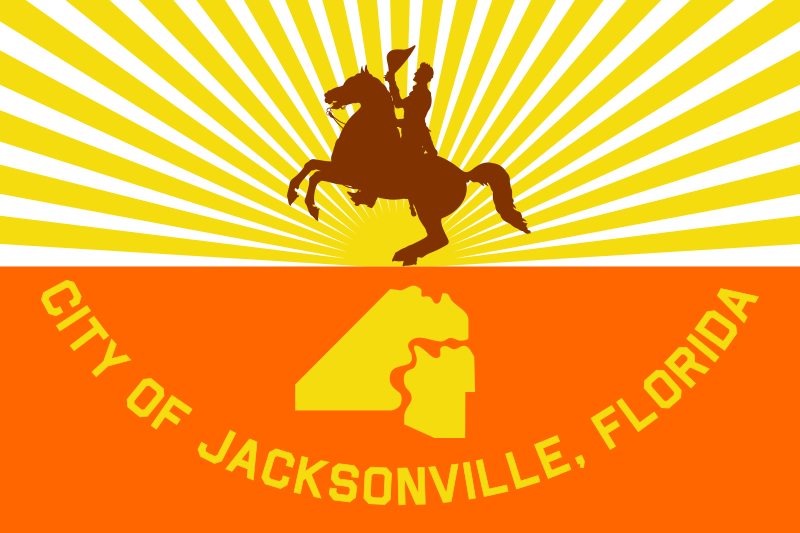
Donna Deegan (D) defeated Daniel Davis (R) 52% to 48% in the May 16 runoff election for mayor of Jacksonville, Florida. Deegan will be the second Democrat to hold the office since 1993. Incumbent Mayor Lenny Curry (R) was term-limited. Curry was first elected in 2015, making Jacksonville the most populous American city with a…
-
Parker wins Philadelphia’s Democratic mayoral primary

Cherelle Parker defeated eight other candidates in the Democratic primary for mayor of Philadelphia on May 16. She faces David Oh—the only candidate who ran for the Republican nomination—in the general election on Nov. 7. Incumbent Jim Kenney (D) was first elected mayor in 2015 and was term-limited. The city’s last 10 mayors were elected…
-
Candidates advance from primaries in Indianapolis, Indiana
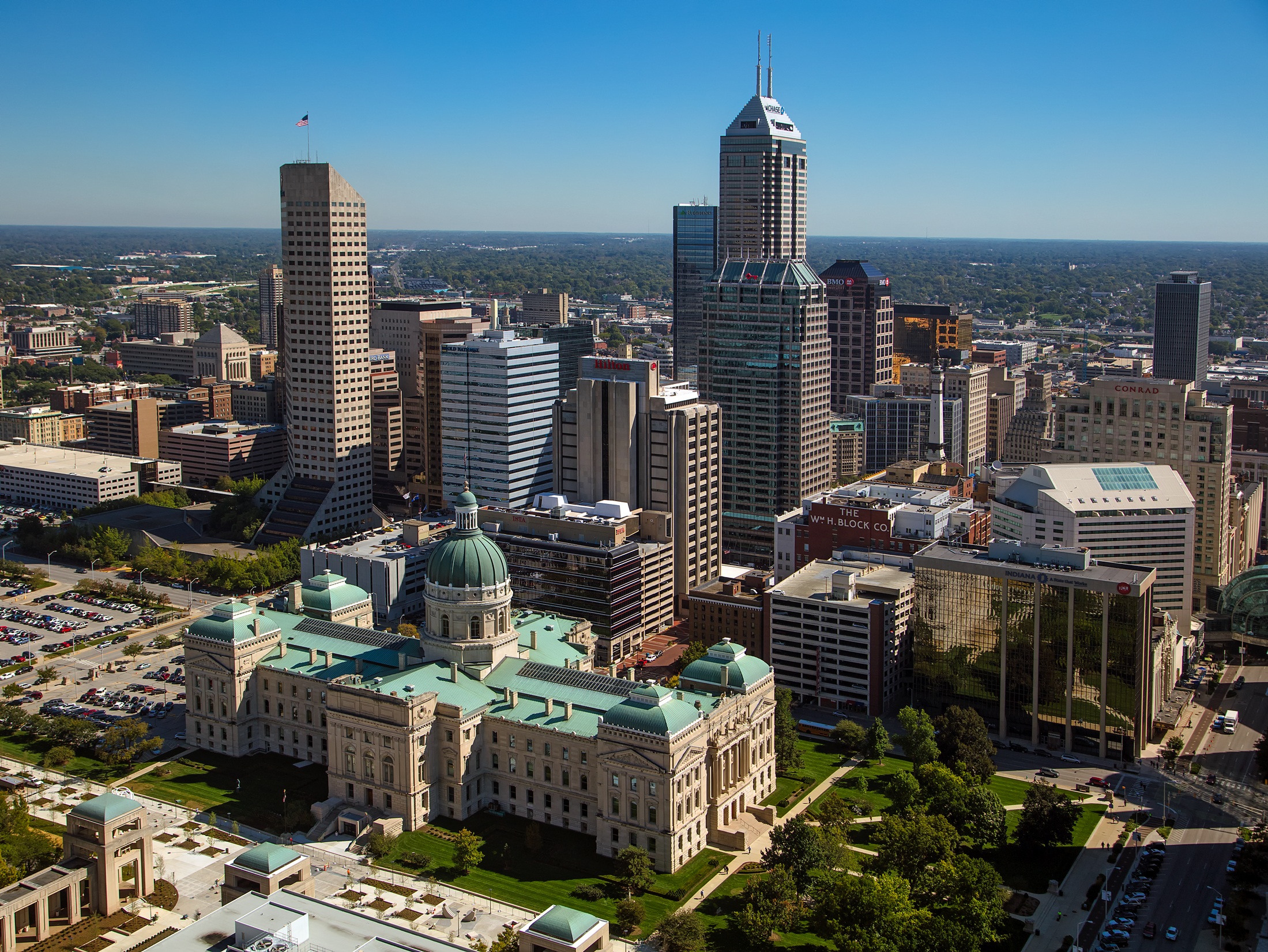
The primary election for Indianapolis, Indiana, was on May 2, 2023. Candidates competed to advance to the general election scheduled for Nov. 7, 2023. The filing deadline to run was on Feb. 3. Candidates ran for city council and mayor. Incumbent Joe Hogsett, Bob Kern, Clif Marsiglio, Robin Shackleford, and Larry Vaughn ran in the…
-
Gaylor Baird defeats Geist in Lincoln’s mayoral election
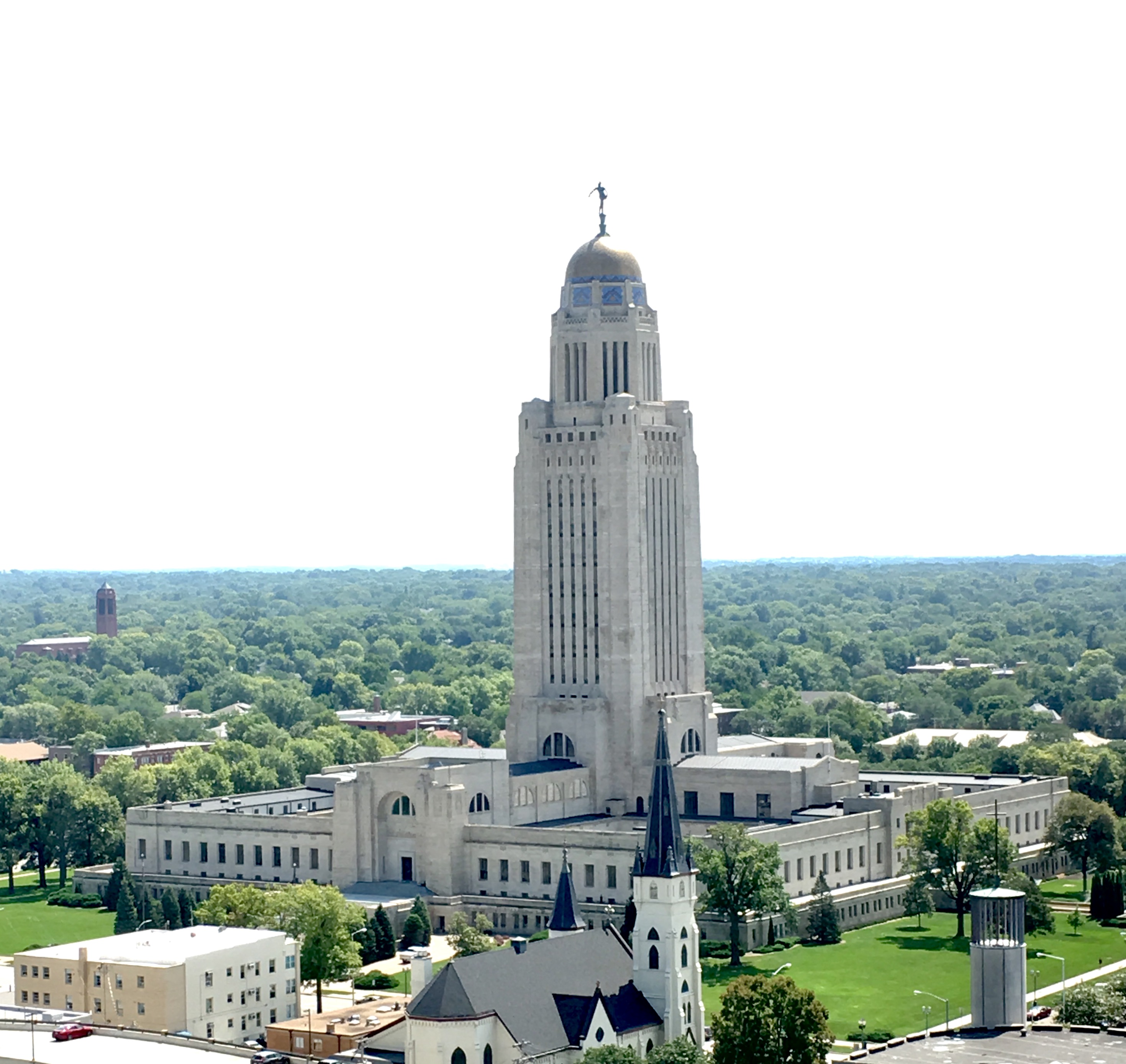
Incumbent Leirion Gaylor Baird defeated Suzanne Geist in the May 2, 2023, nonpartisan general election for mayor of Lincoln, Nebraska. Gaylor Baird received 54.2% of the vote to Geist’s 45.6%. While mayoral elections in Lincoln are officially nonpartisan, candidates are often affiliated with one of the two major political parties. Gaylor Baird is affiliated with…
-
Brough, Johnston seek Denver mayorship in city’s fifth open election since 1959

Kelly Brough and Mike Johnston are running in a runoff election for Mayor of Denver, Colorado, on June 6. They advanced from a field of 22 candidates in the April 4 general election. Johnston received 25% of the vote, and Brough received 20%. Incumbent Michael Hancock (D), first elected in 2011, is term-limited. This is…
-
Leirion Gaylor Baird and Suzanne Geist are running in the general election for mayor of Lincoln, Nebraska
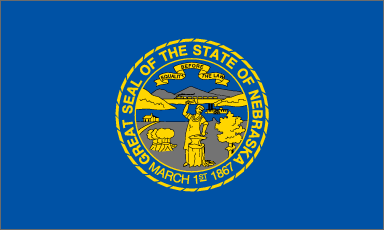
Incumbent Leirion Gaylor Baird and Suzanne Geist are running in the May 2, 2023, nonpartisan general election for mayor of Lincoln, Neb. They advanced to the general election after being the top-two vote-getters in the nonpartisan primary on April 4, 2023. While mayoral elections in Lincoln are officially nonpartisan, candidates for office are often affiliated…
-
Yemi Mobolade and Wayne W. Williams running in general runoff for mayor of Colorado Springs

The general runoff for Colorado Springs, Colorado, is on May 16, 2023. The general election was held on April 4, and the filing deadline to run passed on Jan. 23. Candidates are competing for mayor of Colorado Springs after no mayoral candidate received a majority of votes on April 4. Yemi Mobolade and Wayne W.…

